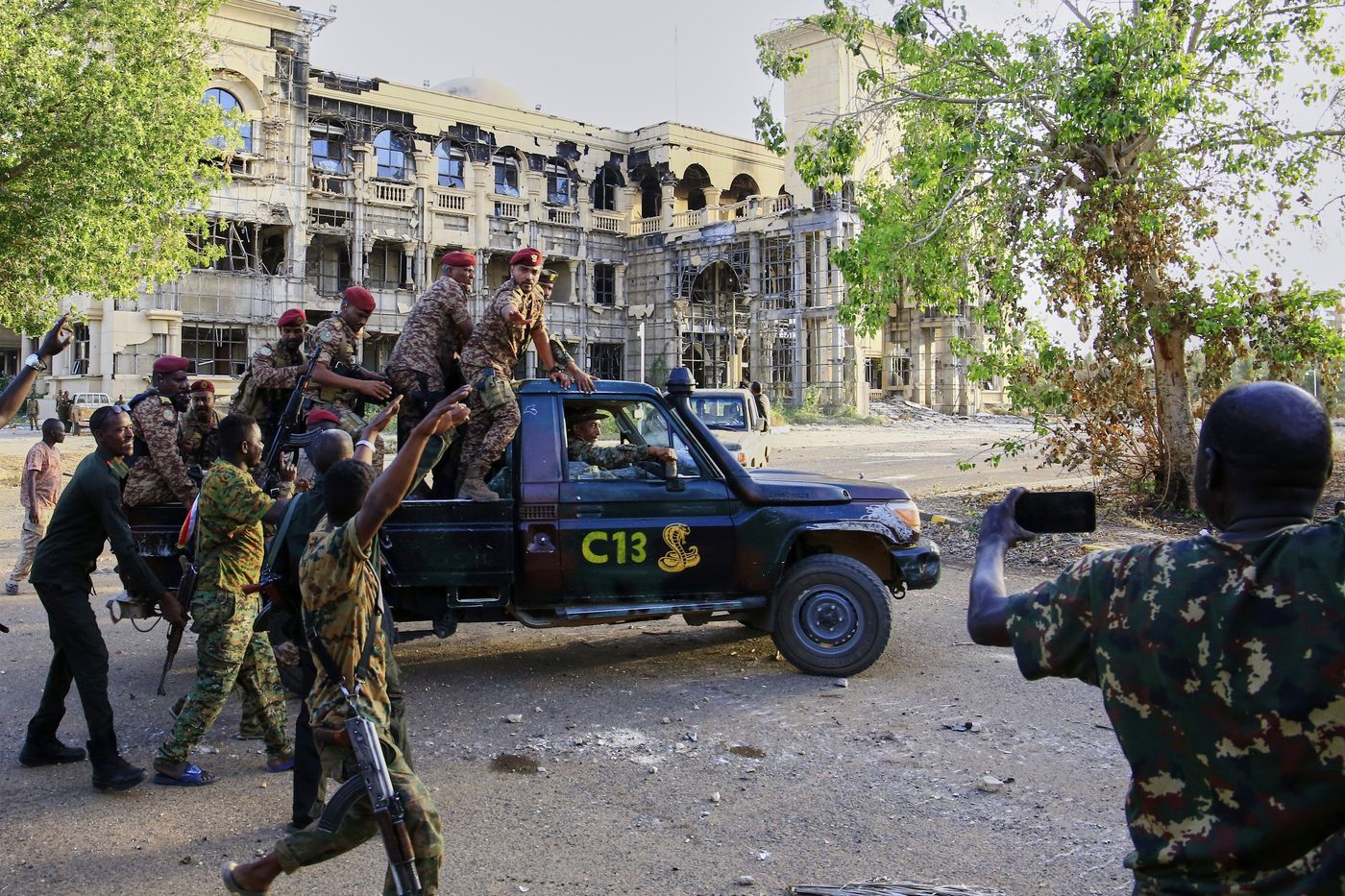Megatrends Afrika: How are the first days of the new Trump administration being discussed among Sudanese policymakers and the general public?
Dr Eltayeb: First, I would like to put the political developments in the US into perspective: we have a rise of the global right across the whole world. Right wing movements are gaining ground and popularity, and people fall for them – you only have to look at your own German elections last month. I believe this is caused by the failure of the left. Leftist movements are not addressing the right questions but only focusing on elite concerns and circling in intellectual debates e.g., about identity issues.
In my opinion, there is no particular focus on Trump in the African debate. The Americans were already disliked during the Biden administration, mainly because of the Assistant Secretary of the Bureau of African Affairs, Molly Phee. Take Sudan, for example, here her intervention contributed to the ongoing war. She and her two ambassadors to Sudan understood the two generals al-Burhan and Hemedti, the respective leaders of SAF and of the RSF, as central to both the root and the solution of the conflict. I do not want to get into the details of the conflict but the behavior of the U.S. in Sudan, courting the two generals and submitting to their blackmail changed the cornerstones of the social contract in Sudan. The main focus became security and stability instead of the root of the conflict: social and economic rights, political participation and how state and society should relate to each other. Molly Phee thinks that she is principled but in Sudan, she did not analyse the origins of the conflict in sufficient depth. Instead, she threw money on the problem and moved in a somewhat arbitrary approach of diplomacy. Her actions taken together created an ‘African indifference’ towards the Biden administration which continues until today.
Megatrends Afrika: You say that the discussion remains superficial, but up to 80 per cent of local aid networks were funded by US development assistance directly or indirectly so the cuts have very concrete consequences for Sudan.
Dr Eltayeb: Of course, it does. But the reason that we need aid in the first place, humanitarian aid, is that we have a civil war. So, we do not need more aid, but we need to solve the war. On another note, the American aid was not put to good use. Yes, they were spending a lot of money. But it was not very cost effective. There was a lot of administrative costs, organization middlemen and a lack of both bureaucratic accountability and of impact assessments. There was no concept to it but it was an uncoordinated distribution of aid, responding to on-the-spot demand and feeding into corruption.
Megatrends Afrika: Which changes do you expect for Sudan now and in the medium term as a result of the new US government?
Dr Eltayeb: The Americans want quick fixes. To them it is not about solving the social problems that we have. It is about the personal credit of the respective diplomat. But them pushing for solutions often just increases the complexities of the problem rather than solving it. And I think as for Trump, he is pushing his policies to the extreme so that he can retract them later. He is asking for 100 per cent, so that he can get 75 per cent or 50 per cent in the end.
Megatrends Afrika: How would you expect Germany and the European Union to reposition themselves in the changing context?
Dr Eltayeb: I think they need to first stop adopting the elite analysis of the war in Sudan. The Europeans are all about protection of civilian and human rights, but they keep talking about the two parties of the war in Sudan describing them as equal. This is not true: on one side we have the SAF and the Sudanese government which is a corrupted state apparatus. But on the other side we have the RSF militia which is a fascist organization. RSF ticks eleven of the fourteen defining characteristics of fascism, they are committing sexual violence and causing the worst famine in 50 years. Of course, both sides are committing violations but the RSF is a fascist decentralized militia and Germany and the rest of Europe want us to reach a negotiated solution with them. The UAE is providing support to the RSF, providing weapons, breaching the UN Security Council resolution and the UN charter itself as well as the principle of non-interference. By isolating the Sudanese government, you are pushing them towards Russia. Russia is selling them weapons, giving them money and supporting them. When Europe considers itself neutral, then you are not helping in sorting out the problem.
